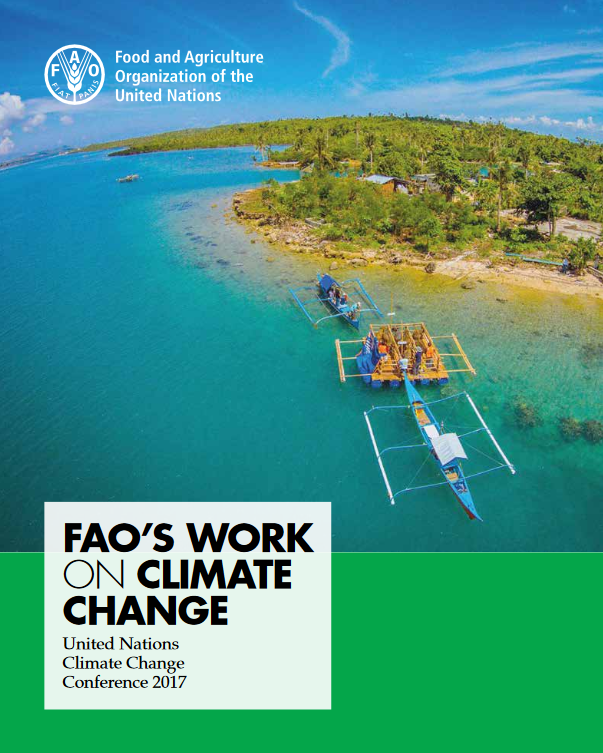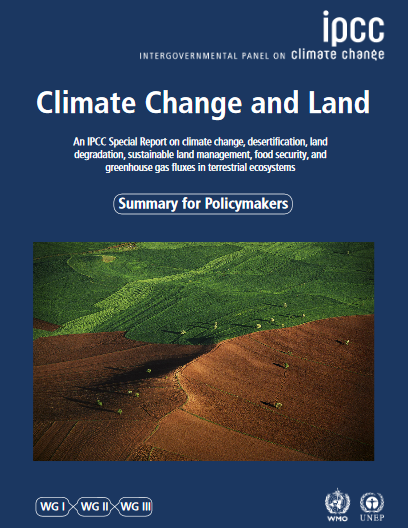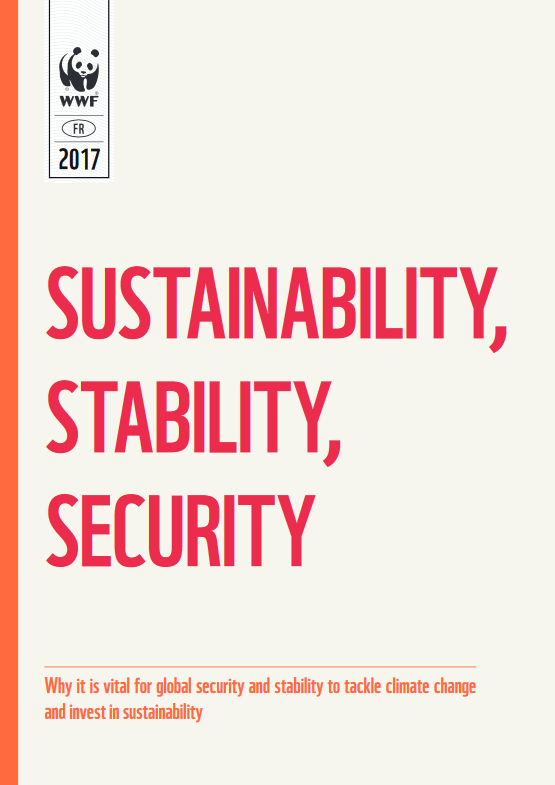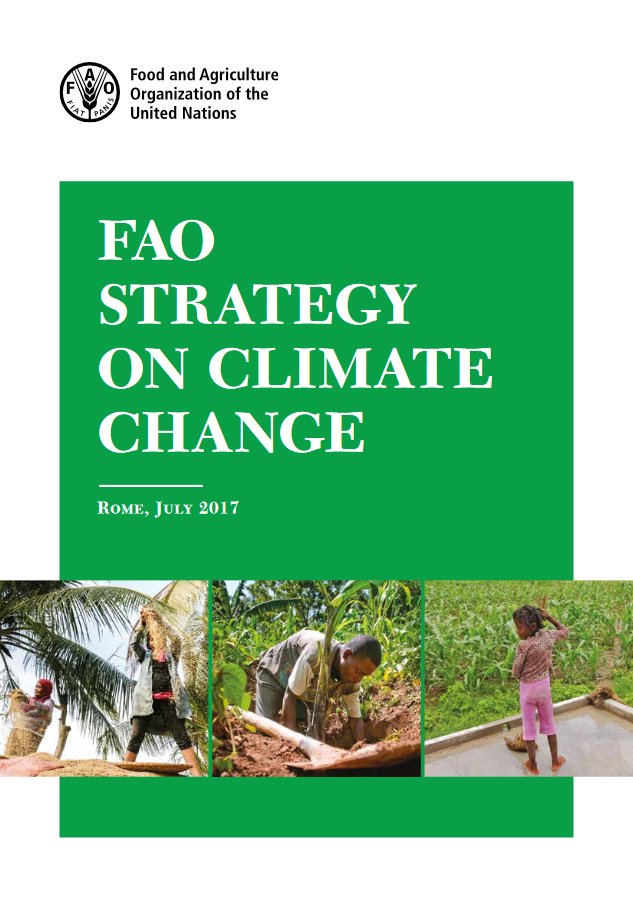FAO's Work on Climate Change
Shortly after releasing a report on its climate change strategy in July 2017, the Food and Agriculture Organization (FAO) of the United Nations presents a new report at COP23 - this time focusing on the organization's concrete work on climate change.












